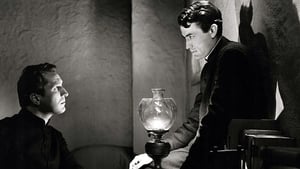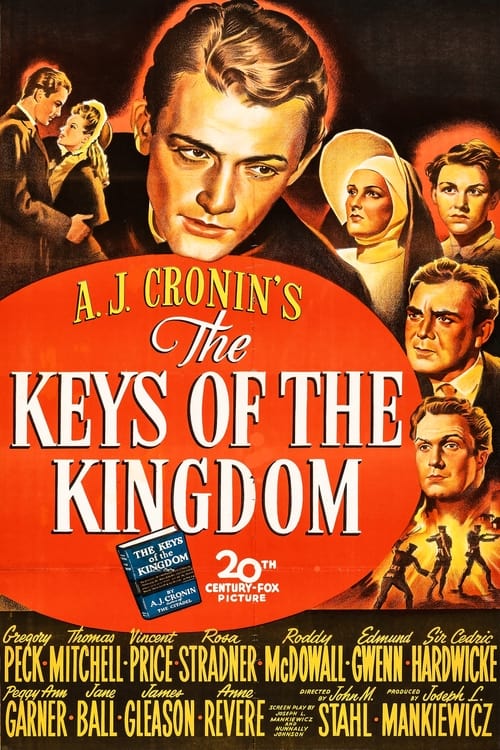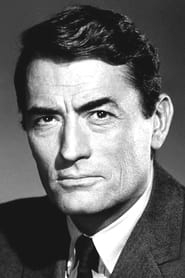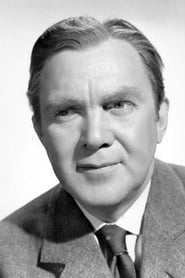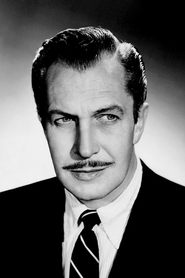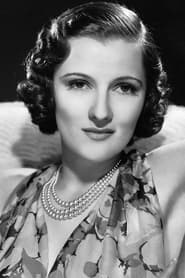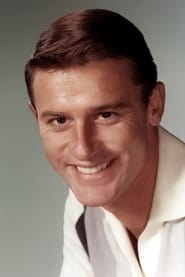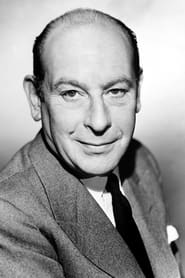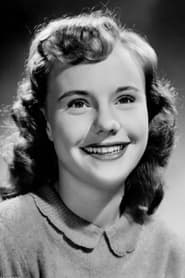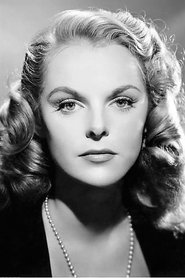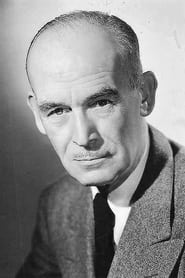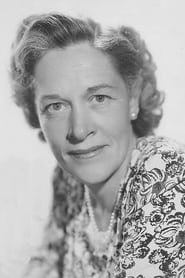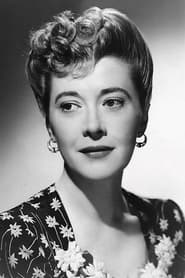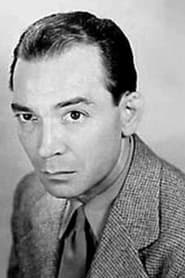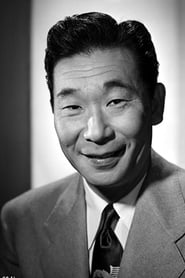Cast
View AllGregory Peck
as Fr. Francis Chisholm
Thomas Mitchell
as Willie Tulloch
Vincent Price
as Angus Mealey
Rose Stradner
as Reverend Mother Maria-Veronica
Roddy McDowall
as Francis Chisholm, as a boy
Edmund Gwenn
as Fr. Hamish MacNabb
Cedric Hardwicke
as Monsignor at Tweedside
Peggy Ann Garner
as Nora as a Girl
Jane Ball
as Nora, as an Adult
James Gleason
as Rev. Dr. Wilbur Fiske
Anne Revere
as Agnes Fiske
Ruth Nelson
as Mrs. Chisholm, Francis' Mother
Benson Fong
as Joseph
Leonard Strong
as Mr. Chia
Philip Ahn
as Mr. Pao, Envoy for Mr. Chia
Crew
Director
- John M. Stahl
Producer
- Joseph L. Mankiewicz
Reviews
CinemaSerf
I sometimes wonder whether politics in the 21st century might be a bit more stable around the globe, were we not to have spent much of the last century sending folks like "Father Chisholm" all over the place imposing Christianity on peoples who had got along splendidly for aeons without it... This film depicts one such gentleman - a well meaning Father who struggles to find fulfilment at home in Scotland. His seminarian friend Edmund Gwenn is now the Bishop, and decides he needs a challenge - so he is duly dispatched to China where he is tasked with spreading his faith amongst those in a war-torn province coming to terms with the end of the Ming dynasty and the ascension of the new Republic. Oscar nominated Gregory Peck brings quite a bit of nuance to his role. He arrives to find his mission in ruins and a congregation he could count on one hand. His sense of humanity and his determination to help the poor, sick, and needy attracts the attention of the local mandarin, whose son he helps recover from a life-threatening illness. In return, he is provided with land and builders; builds a new mission and even manages to secure the services of three nuns - the senior of whom he has a bit of a contretemps with before war presents them all with more important issues to deal with... The story is told by way of a retrospective, so we know all along roughly what happens in the end - but Peck along with a solid supporting cast including Thomas Mitchell and Rosa Stradner keep this creatively photographed story engaging for an, admittedly, long 2¼ hours. Keep an eye out for a few short scenes from Vincent Price and a very young Roddy McDowell (just 16) too.
Jun 30, 2022
Thematic Analysis
As a dramatic work, The Keys of the Kingdom examines complex human relationships and emotional struggles against the backdrop of a period setting that reflects societal issues of its time. The character development particularly stands out, offering viewers a chance to reflect on their own life journeys.
Director John M. Stahl brings their distinctive visual style to this film, continuing their exploration of themes seen in their previous works while adding new elements. Their approach to character development and emotional depth creates a viewing experience that rewards close attention.
Released in 1944, the film exists within a cultural context that now offers viewers historical perspective on the social issues of that era. Its critical acclaim reflects its artistic achievements and its place in cinema history.
Did You Know?
- The production of The Keys of the Kingdom took approximately 17 months from pre-production to final cut.
- With a budget of $3.0 million, the film represented a significant investment in bringing this story to the screen.
- The final cut of the film runs for 137 minutes, though the director's initial assembly was reportedly 195 minutes long.
- Several scenes were filmed in multiple locations to capture the perfect setting.
- Some visual effects sequences took up to 4 months to complete.
- The costume department created over 313 unique costume pieces for the production.
Historical Context
- In 1944, when this film was released:
- The Cold War was intensifying, influencing global politics and culture.
- The civil rights movement was gaining momentum in the United States.
- The film industry was dominated by major studios, with independent cinema still in its early development.
How This Film Stands Out
While The Keys of the Kingdom shares thematic elements with other films in its genre, it distinguishes itself through its unique approach to storytelling, visual style, and character development.
Unlike Broken Threads, which takes a more conventional approach to its subject matter, The Keys of the Kingdom subverts genre expectations by exploring its themes with greater nuance.
While films like Trilby and The Man Who Wasn't There explore similar territory, The Keys of the Kingdom stands apart through its distinctive directorial vision and pacing.
This film's unique contribution to cinema lies in its thoughtful balance of entertainment value and thematic depth, making it a valuable addition to its genre.
Details
- Release Date: December 15, 1944
- Runtime: 2h 17m
- Budget: $3,000,000
Where to Watch


